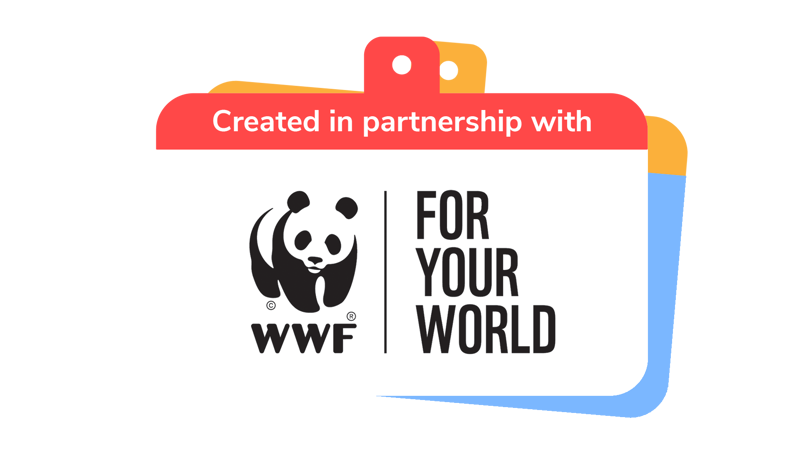
Create a community garden
You’ll need
- Letter template
- WWF guides to creating a bee hotel; bug hotel; butterfly feeder; apple bird feeder wwf.org.uk/get-involved/youth-groups/activities
- Peat-free, multi-purpose compost
- Compost bin
- Garden fork
- Seeds
- Fertiliser (please don't use animal or chemical fertilisers)
- Small garden equipment (trowels, forks and gardening gloves)
- Large gardening equipment (wheelbarrows, spades and rakes etc)
Securing a piece of land
The first step is to find a piece of land that will become your community garden. Ideally, it will be close to your Scout meeting place. You could take your group out for a session to identify potential locations. It doesn’t matter if it’s a roundabout, a former industrial site, an alleyway or a railway station, you can request the permission to adopt it from the person who owns it. Remember, you can achieve a lot with a small space.
Public and semi-public organisations may have sites available for community gardening use. Have a look at the information below to find out more about organisations to approach.
Check the Direct Gov website for UK local council listings.
Search for NHS contacts in:
Search for housing associations in:
Involve older groups in lobbying the organisation or landowner. Follow these top tips to grab their attention!
- Send a letter with a packet of seeds inside to get their imagination going.
- Send an email and attach a video of your group saying why they think it's important to take positive steps to connect people with nature and raise awareness of biodiversity issues that will help to fight climate change and inspire your community.
- If you find a piece of land but you're not sure who owns it, try:
- Putting up a sign on the land telling the owner what you would like to do
- Contacting the property Department, Rates Assessor and District Valuer of your local council to request information on land ownership
- Ask at neighbouring properties if they know who owns the land.
Source gardening equipment
- Your aim should be to have as much gardening equipment donated as possible. Try approaching local garden centres, allotments and supermarkets. A business may wish to sponsor the garden. You can give them a permanent sign in the garden in exchange for the equipment you need. Some gardening chains might consider this option.
- When requesting plants, seeds and compost, please ensure they will not be harmful to local wildlife. As a rule, it is better if they are organic. Ask for:
- Peat-free compost
- Pesticide- and peat-free plants that are native to the UK
- GMO-free seeds that have been grown without the use of animal or chemical fertilisers.
- It will be helpful to find local volunteers to help you prepare, plant and look after your garden. Your group could hand out flyers and put up posters. It would also be useful to use local pages on social media, which you can do on behalf of your group.
- At this point, you might also choose to tell the local press about your project. These activities are great feel-good ideas that give something back to the community, as well as connecting people with nature. They also help raise awareness of biodiversity issues and what we can all do within our local communities to live a greener, more sustainable lifestyle.
Planning your garden
Now, for the fun bit! Give everyone a say in what to include in your garden using the ‘Our Community Garden’ planning sheet.
- Start with a brainstorm - what wildlife do your Scouts want to attract to the garden? And who from your community will use the garden? How will they make both welcome? Some ideas could include: Wildflower beds to attract pollinating insects; A pond to attract dragonflies, frogs, toads and more; A bug hotel - this can shelter everything from bumble bees to hedgehogs; a butterfly feeder; a bird feeder.
- Be ambitious but also realistic about what you can achieve. The amount of planting you can do will depend on the space you have available and how much time you can spend maintaining it. A wild flower meadow is great for wildlife and low maintenance; Why not create a space for relaxing with a donated bench, you can make the space green from top to bottom with recycled planters, potted tree and green walls; butterfly feeders can be added to the recycled planters.
- Now, let your group split into small groups to draw their ideal gardens.
- Come back together as a group and create a master garden design.
Planting your garden
- Secure a group of willing volunteers who can help your group to prepare and plant the garden. It might be beneficial to ask knowledgeable gardeners to help at this stage. Why not see if any of the group’s parents would like to help out?
- Once the garden has been planted, you’ll need to plan times when your groups (and other volunteers) can visit the garden to look after it.

This activity helps contribute towards some of the UN's Sustainable Development Goals. Find out more about the SDGs, and how Scouts across the world are getting involved.
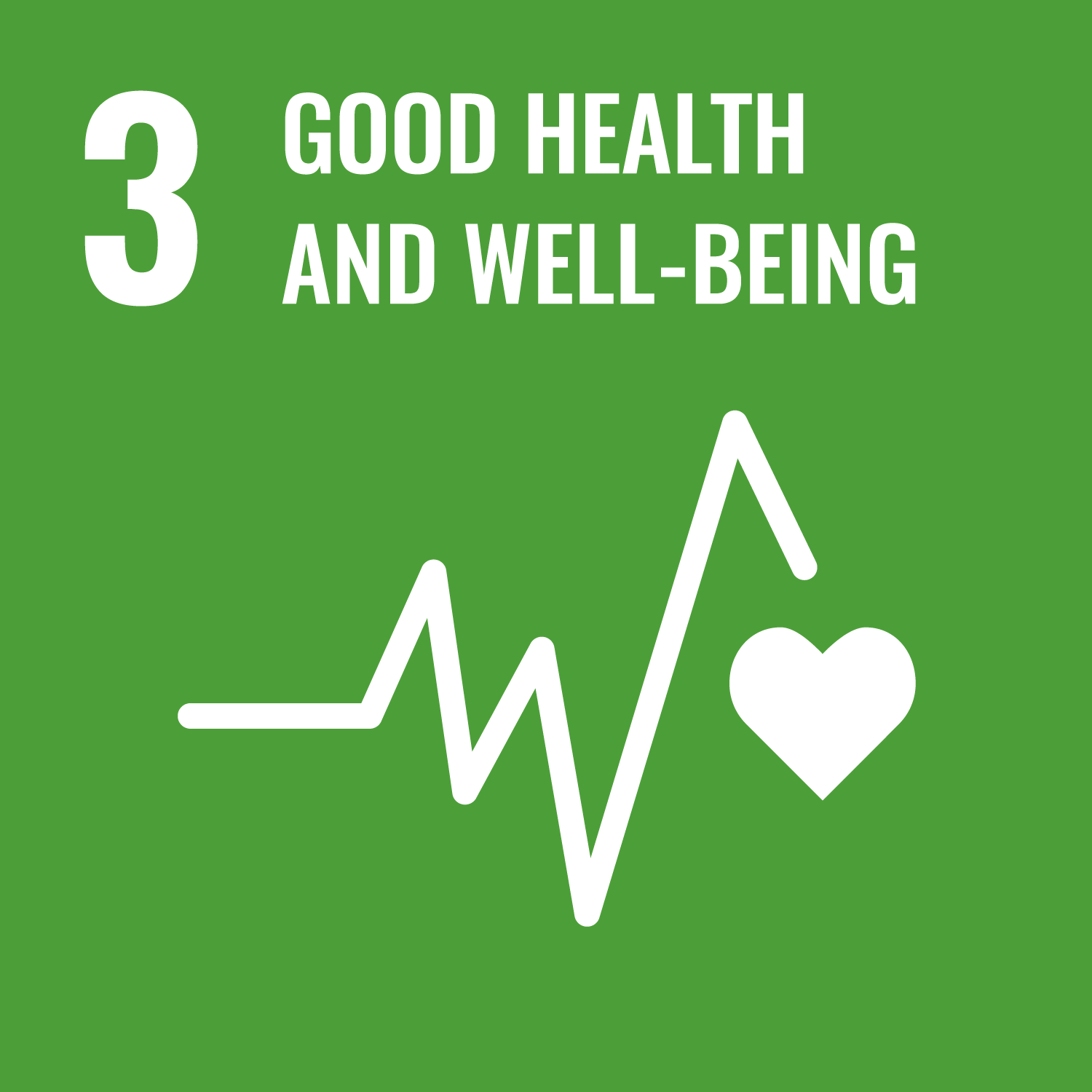

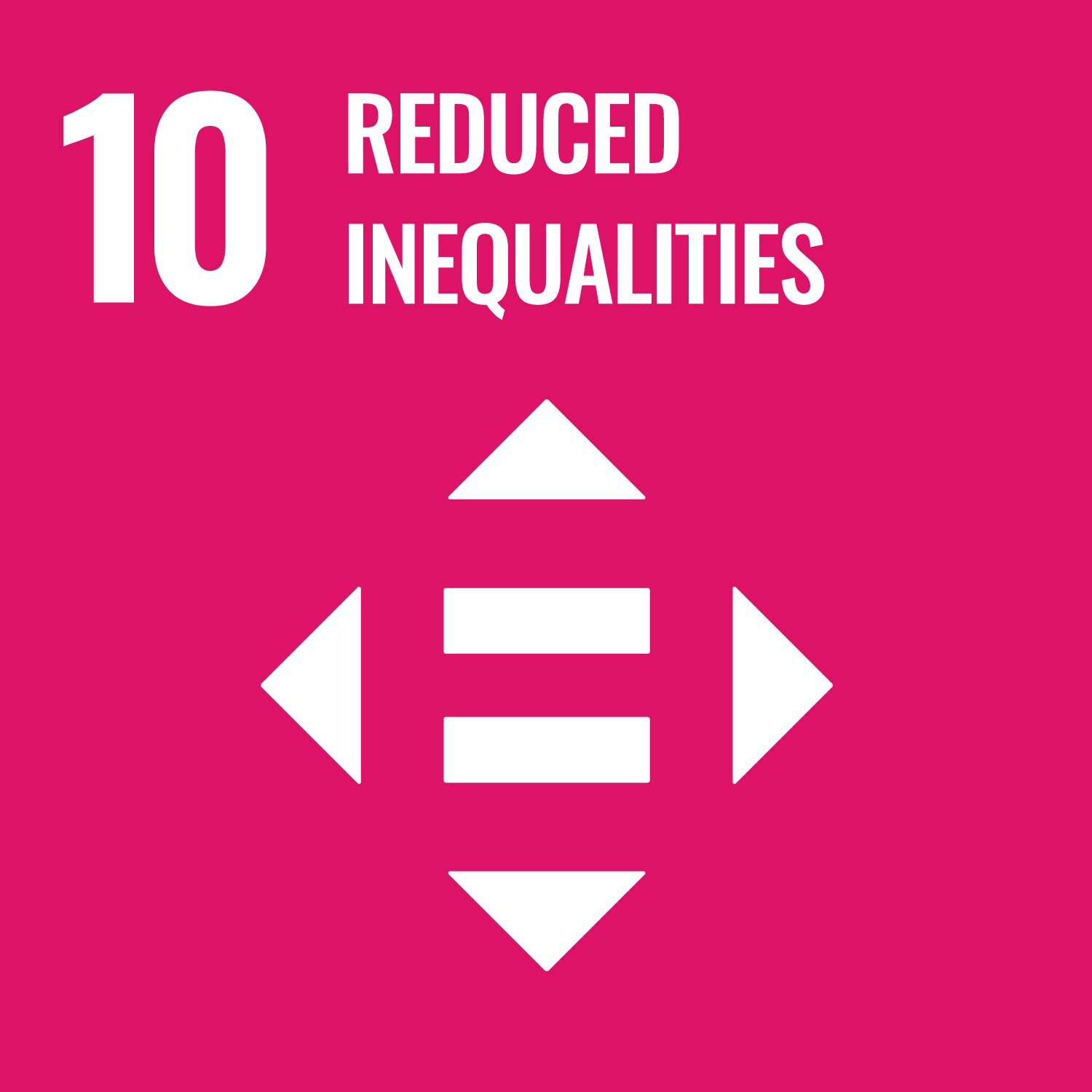
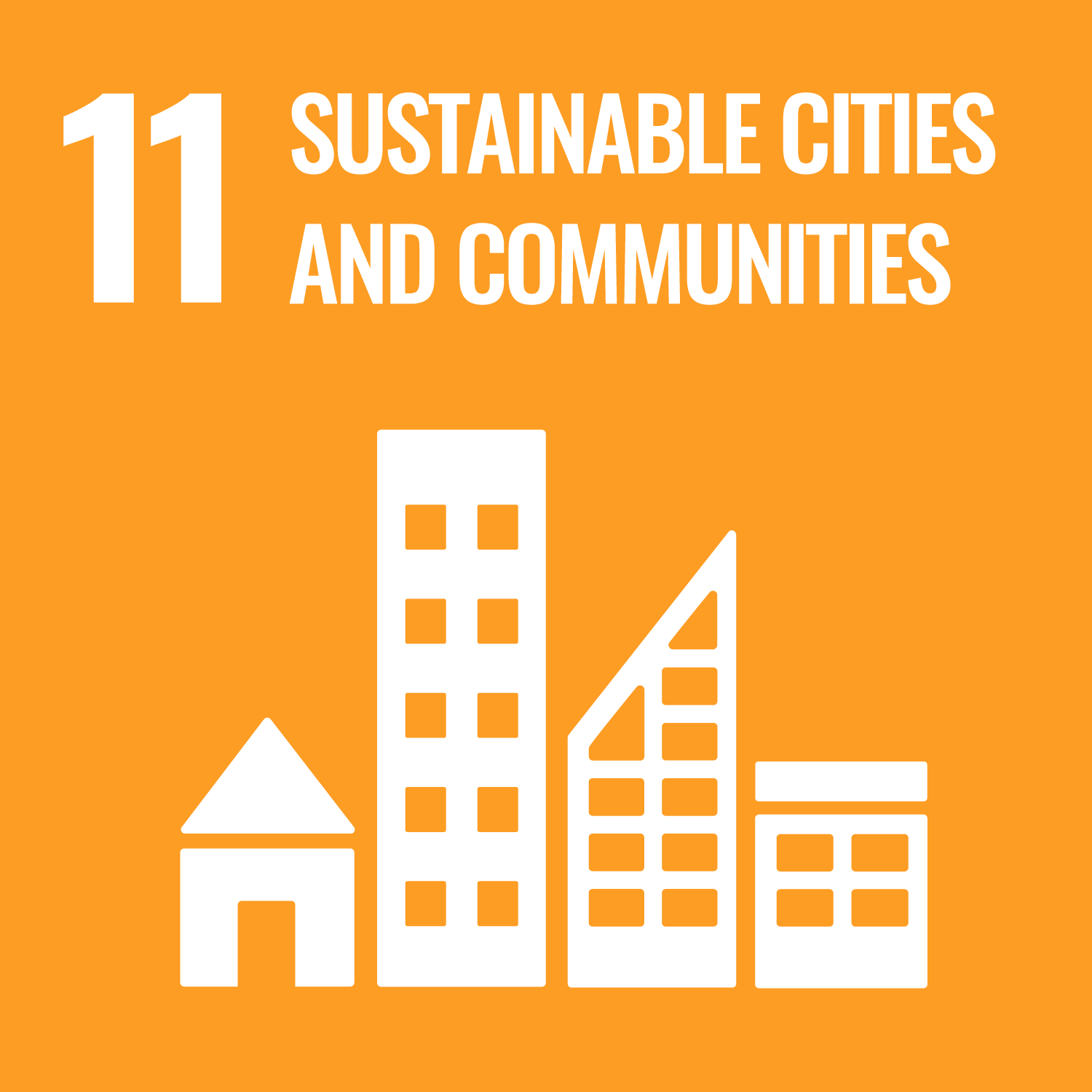
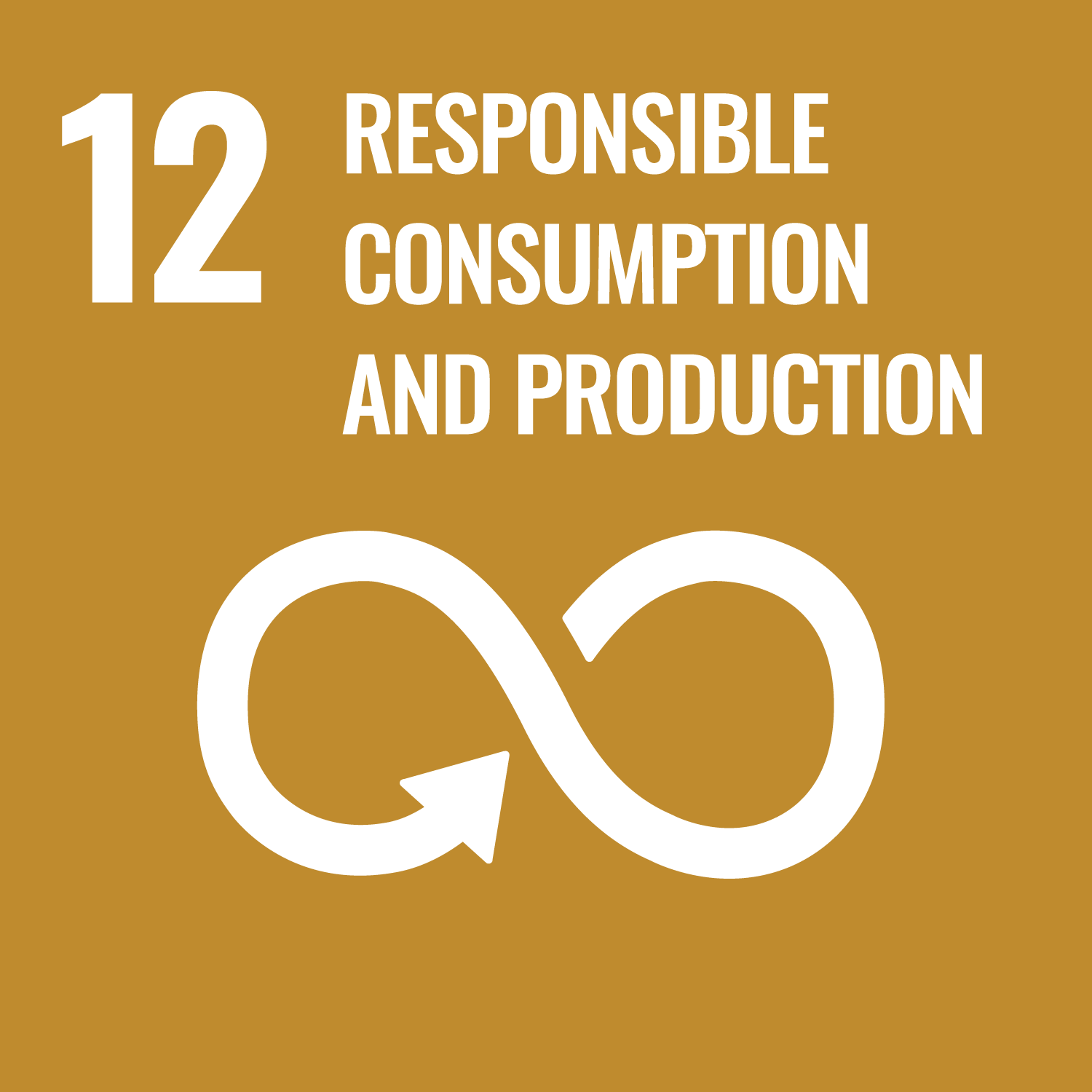

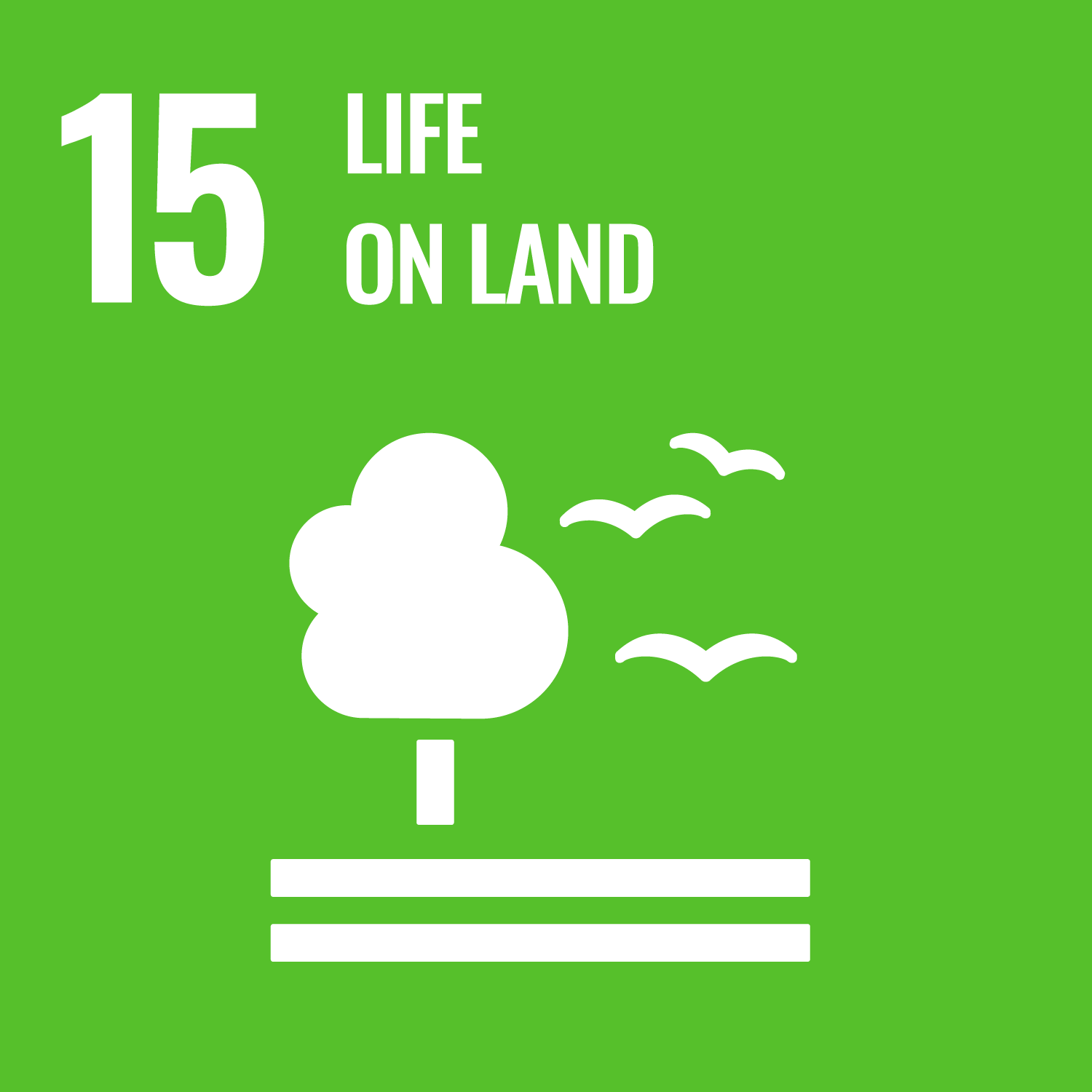
Reflection
You have learnt how to spot an opportunity, how to lobby to get something done, how to plan and project manage, how to motivate and inspire others, and – not least – how to create a garden from nothing! Are you excited about what you've achieved? What would you do differently next time? What has the project inspired you to do next?
Gardens are crucial for the biodiversity of local areas, why do you think more people don’t get involved in gardening? Do you think every area should have a community garden?
Safety
All activities must be safely managed. You must complete a thorough risk assessment and take appropriate steps to reduce risk. Use the safety checklist to help you plan and risk assess your activity. Always get approval for the activity, and have suitable supervision and an InTouch process.
- Outdoor activities
You must have permission to use the location. Always check the weather forecast, and inform parents and carers of any change in venue.
- Animals and insects
Be aware of the risks before interacting with animals. Be aware of anyone with allergies, and make alternative arrangements for them.
- Gardening and nature
Everyone must wash their hands after the activity has finished. Wear gloves if needed. Explain how to safely use equipment and set clear boundaries so everyone knows what’s allowed.
- Hiking and walking
Follow the guidance for activities in Terrain Zero, or the guidance for each the adventurous activity.
- Near water
Manage groups carefully when near water. The guidance on activities near water will help you to keep your group safe.
If you can, give older groups the chance to lobby landowners or the council on behalf of younger groups. It will be natural for older groups to take charge and give younger groups tasks to do – but why not reverse this? Let the younger group’s project manage one of the maintenance sessions and give the older Scouts jobs to do.
As this activity involves finding land that your group will spend a lot of time on, consider accessible routes for any young people with mobility issues.
All Scout activities should be inclusive and accessible.

Community Impact Stage 1

Community Impact Stage 2

Community Impact Stage 3

Community Impact Stage 4
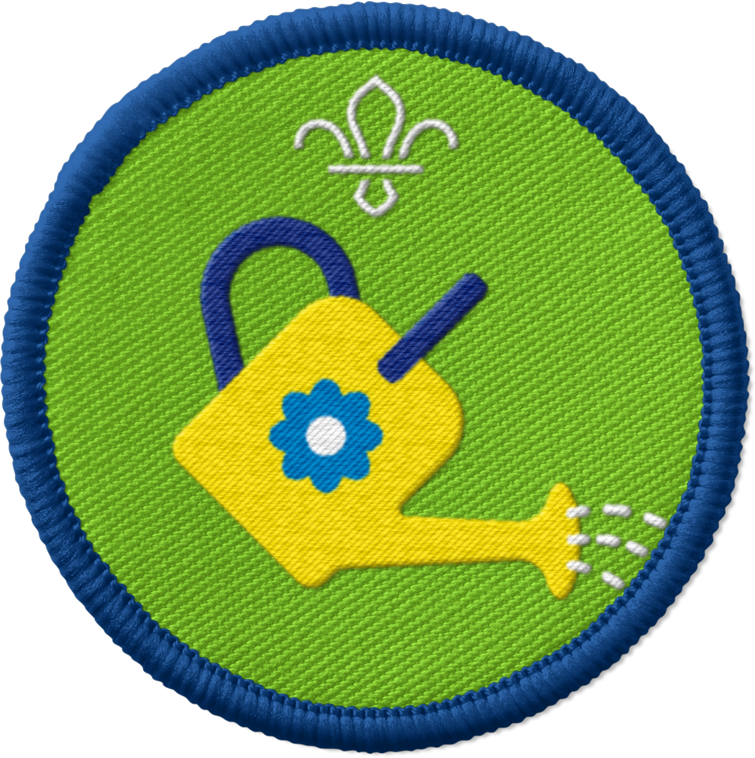
Squirrels Let It Grow Activity Badge

Squirrels Local Superhero Activity Badge
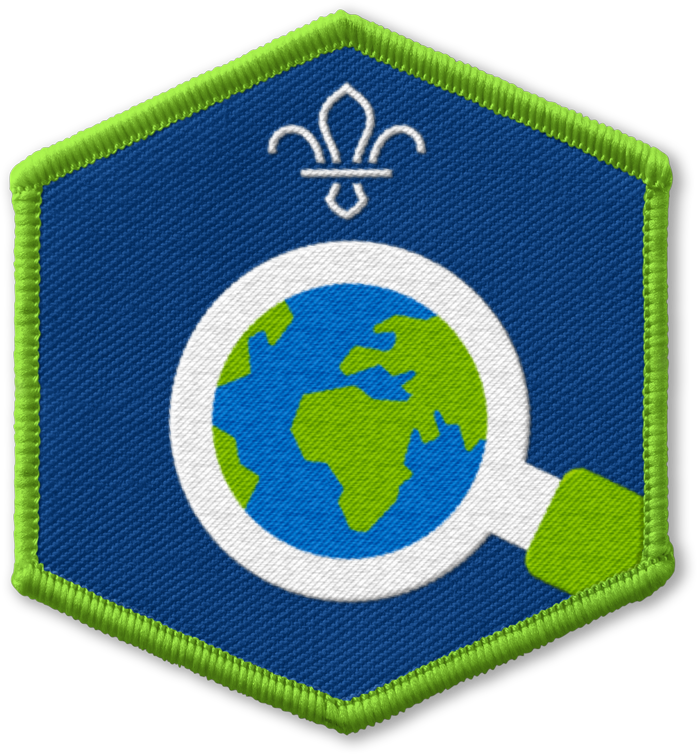
Squirrels All Around Us Challenge Award
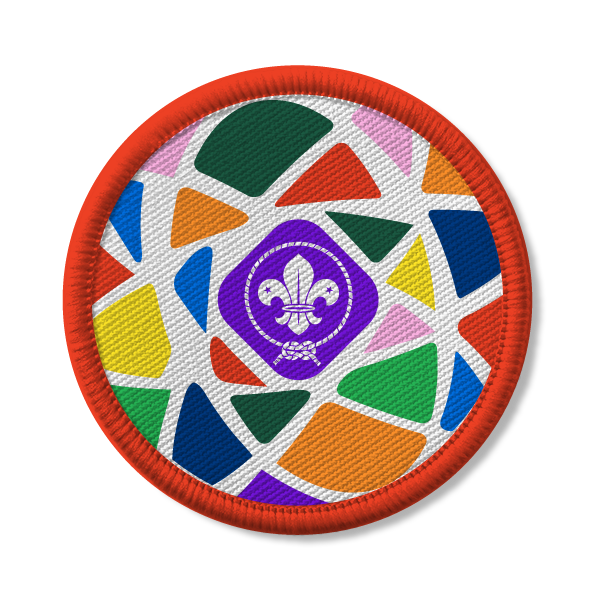
Earth Tribe Award
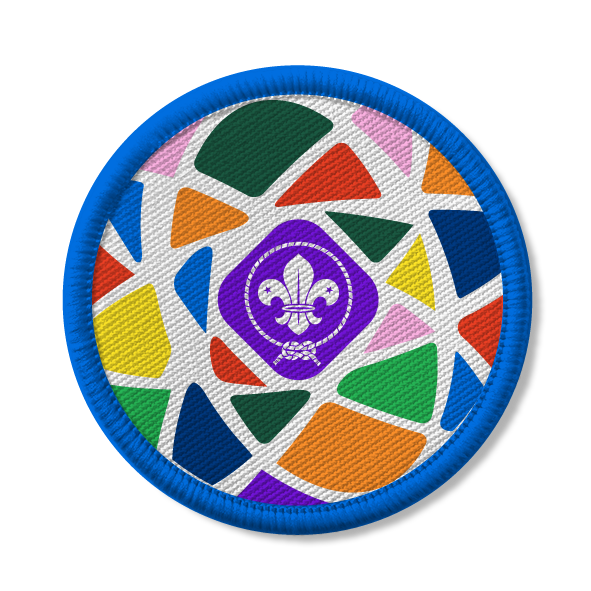
Earth Tribe Award
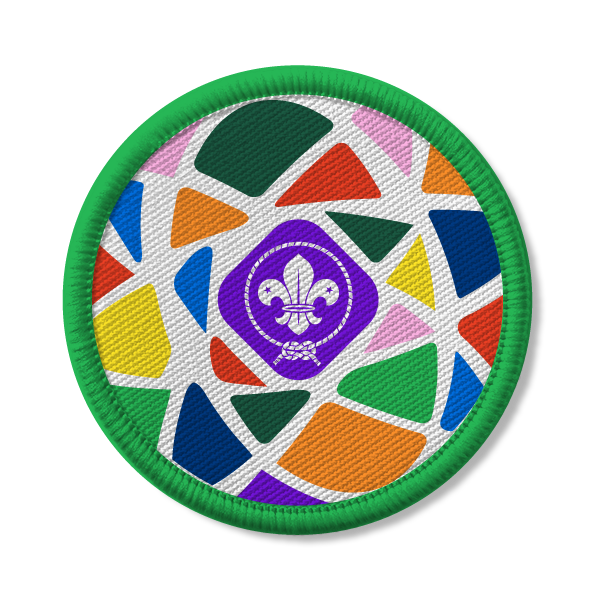
Earth Tribe Award
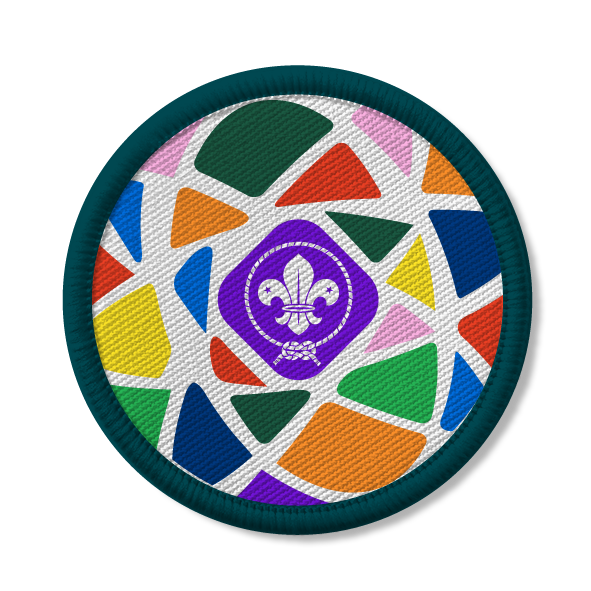
Earth Tribe Award
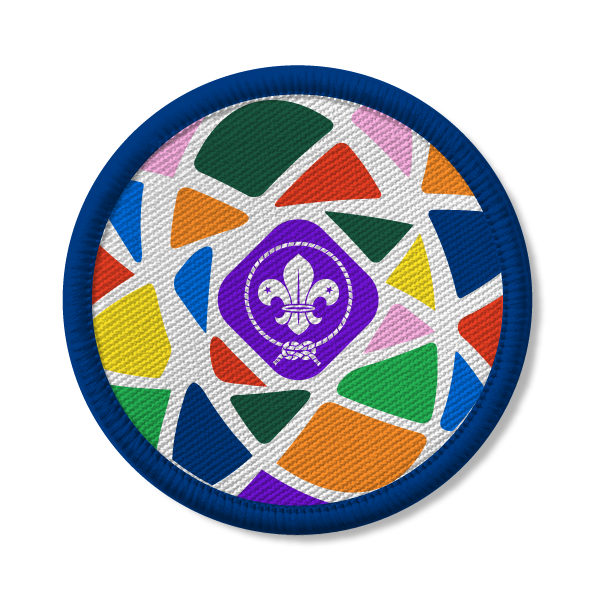
Earth Tribe Award
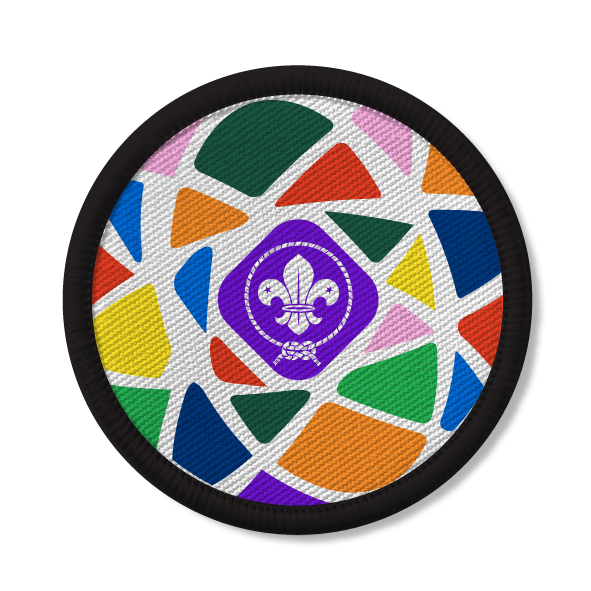
Earth Tribe Award
Why not involve your wider local community by organising a ‘Best Wild Garden’ competition? Give prizes to gardens that encourage wildlife. Award points for bee- and butterfly-friendly plants and varied habitats (a pond, a bug hotel).
Discover more at https://www.wwf.org.uk/